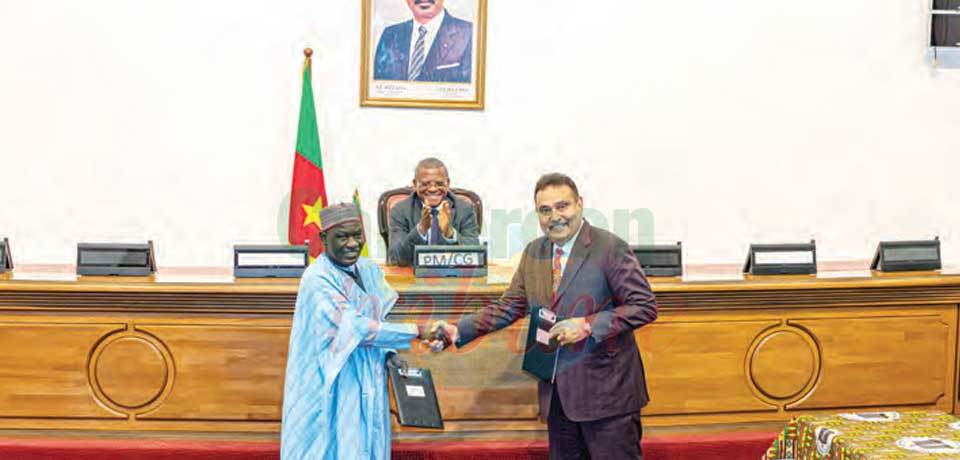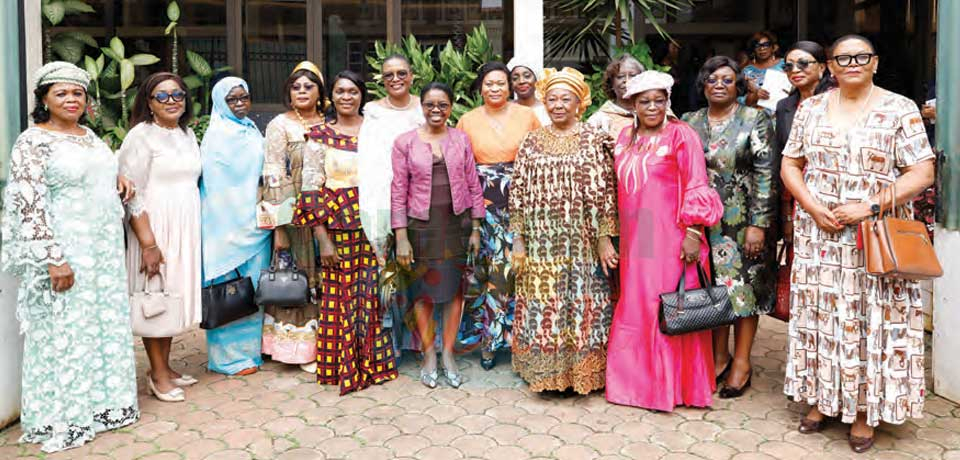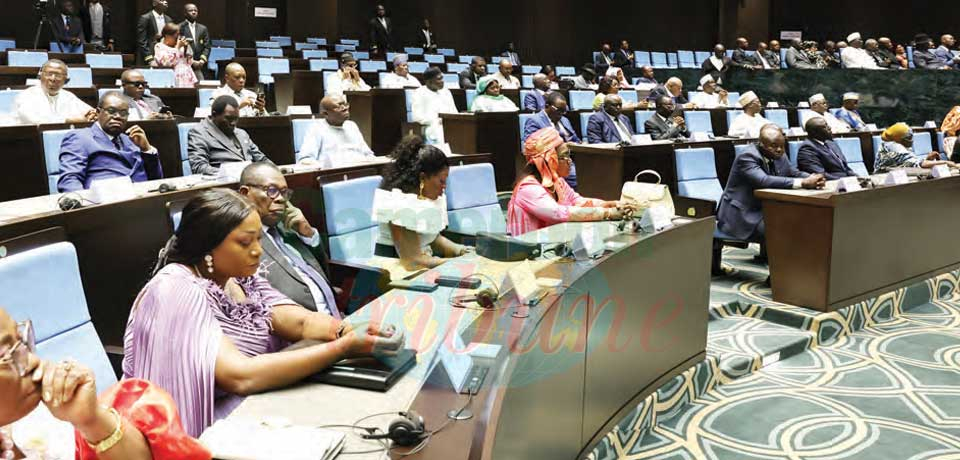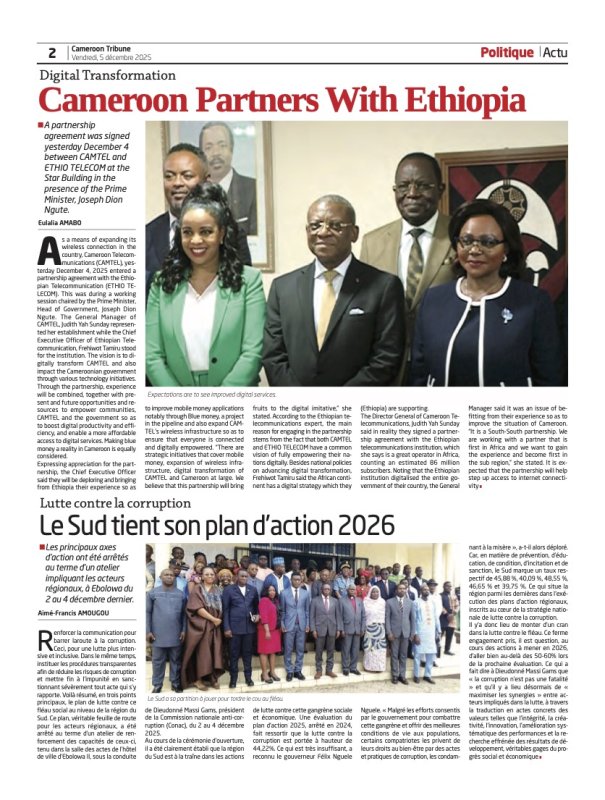Decentralised Cooperation: Concrete Achievements
- Par Eulalia AMABO
- 09 Feb 2022 12:10
- 0 Likes

Several councils in Cameroon partner with foreign institutions to boost local development.
Embarking on partnerships within the framework of decentralised cooperation is authorised in the December 2019 law to Institute the General Code of Regional and Local Authorities. The legal instrument highlights the importance of decentralised cooperation in its Section 94 (1). It states that decentralised cooperation shall mean any partnership between two or more local authorities or their groupings established for purpose of achieving common objectives. It may be carried out between Cameroonian local authorities or between the latter and foreign local authorities under the terms and conditions laid down by the laws and regulations in force and in accordance with the international commitments of the State.
The same text gives them the prerogatives to source for development funds for the community.
As a result, Councils and City Councils in Cameroon have decentralised cooperation partnership with foreign councils and other institutions as a development drive mechanism. The United Councils and Cities of Cameroon (UCCC) has several agreements, conventions and partnerships with some partners such as the Nantes Metropolis City Council, the French Cooperation, the Dutch Cooperation through SNV, the Germans through GIZ, the Canadian Cooperation, and the United Nations Development Programme, just to name a few.
On bilateral basis, the Kumba City Council has a direct investment partnership with the Hwaseong Council in South Korea on economic issues aimed at poverty alleviation. There exists a waste recovery and agricultural partnership between the Dschang Council and the Nantes City of France. The Yaounde VI Council and the Erstein City Council enjoy the fruits of decentralised cooperation. The Tiko Council has an ongoing project dubbed the “Tiko Water Project” b...
Cet article complet est réservé aux abonnés
Déjà abonné ? Identifiez-vous >
Accédez en illimité à Cameroon Tribune Digital à partir de 26250 FCFA
Je M'abonne1 minute suffit pour vous abonner à Cameroon Tribune Digital !
- Votre numéro spécial cameroon-tribune en version numérique
- Des encarts
- Des appels d'offres exclusives
- D'avant-première (accès 24h avant la publication)
- Des éditions consultables sur tous supports (smartphone, tablettes, PC)














Commentaires